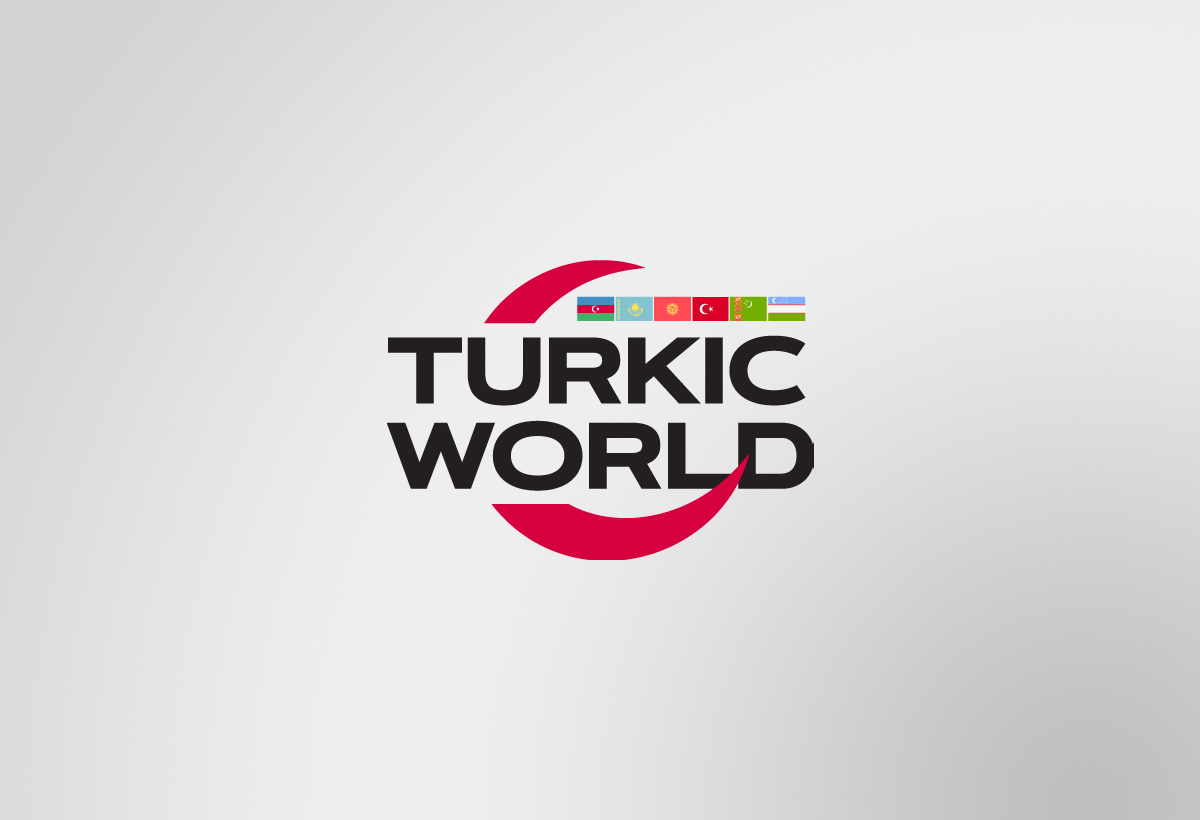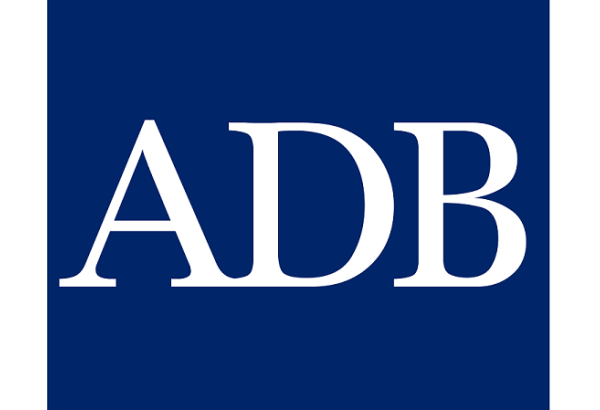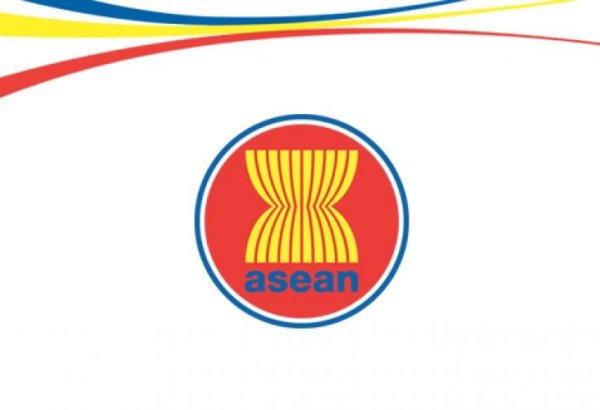BAKU, Azerbaijan, September 20. Asian Development Bank (ADB) is joining forces with the Turkmenistan Railways Agency to roll up their sleeves on the Trans-Turkmenistan Railway Modernization Project, which aims to give a facelift and electrify a 1,147-km railway line stretching from Turkmenabat to Mary, Ashgabat, and Turkmenbashi, ADB’s Country Director for Turkmenistan Artur Andrysiak told TurkicWorld in an exclusive interview.
"This significant project will facilitate the modernization and electrification of the 1,147 km East-West railway line connecting the port city of Turkmenbashi on the Caspian Sea, the capital city of Ashgabat, the major junction at Mary, and Turkmenabat near the Uzbekistan border," Andrysiak explained.
The project is a key component of the Central Asia Regional Economic Cooperation (CAREC) Corridors 2, 3, and 6. It is crucial for Central Asian trade and trans-Eurasian transit between China and Europe, as well as the Mediterranean and the Middle East.
"The project will play a critical role in enhancing Turkmenistan's regional connectivity and improving its strategic positioning within international supply chains," Andrysiak noted.
Phase 1, expected to be completed by 2025, will modernize the 171 km section between Ashgabat and Dushak. This phase will include double tracking where necessary to meet demand and constructing a concrete sleeper plant. ADB will also assist in scaling up the operational and institutional capacity of the Turkmenistan Railways Agency.
"Set to begin in 2026/27, Phase 2 will focus on the Dushak–Mary section and the electrification of the Ashgabat–Mary line, aiming to contribute to decarbonizing Turkmenistan's rail network by reducing greenhouse gas emissions. Later phases will cover the modernization of the railway sections from Mary to Turkmenabat and from Ashgabat to Turkmenbashi," Andrysiak added.
The project is expected to significantly boost the efficiency, reliability, and safety of Turkmenistan’s rail transport, supporting both domestic and international supply chains.
Supporting green and energy-efficient projects
ADB is committed to supporting Turkmenistan’s transition to a more sustainable and climate-resilient economy through various green and energy-efficient projects.
"Under the Country Partnership Strategy for Turkmenistan, 2024-2028, ADB will support the country in its efforts to become more sustainable, climate-resilient, and competitive," Andrysiak stated.
ADB’s focus will be on green transformation across all sectors, including energy, transport, agriculture, water resources, and urban development.
"Specifically, ADB will prioritize reducing emissions and promoting low-carbon development across these sectors. This includes bolstering Turkmenistan’s national power grid, increasing its efficiency and resilience to climate change, and enabling greater integration of renewable energy sources. This includes additional financing to improve the grid and enhance Turkmenistan’s ability to export electricity to regional markets," he explained.
ADB is also working with the Ministry of Energy on the Turkmenistan Renewable Energy and Energy Efficiency Project, which aims to upgrade selected gas-powered electricity plants to closed-cycle operations and incorporate renewable energy components.
"The bank is supporting the development of a roadmap for low-carbon transition in Turkmenistan’s power sector to enhance energy efficiency and expand renewable energy, thereby attracting further investment," he added.
ADB provides technical assistance, including support for building solar power capacity and evaluating wind potential for renewable energy. The electrification of the railway network is expected to contribute to the decarbonization of Turkmenistan’s transport sector, reduce greenhouse gas emissions, and enhance overall sustainability.
Enhancing the competitiveness of SMEs
The bank plans to enhance the competitiveness of small and medium-sized enterprises (SMEs) in Turkmenistan through targeted financial and technical support.
"Following the Country Partnership Strategy for Turkmenistan, 2024-2028, ADB will support the government’s efforts to increase the economy’s competitiveness through diversification and private sector development," Andrysiak explained.
A key component of this support is the Building Capacity of SMEs Exporters Project, aimed at enhancing the capacity of SMEs involved in export activities.
"The project will increase credit availability for these businesses, improve SME credit underwriting and risk management, and incorporate climate change considerations into the banking sector," Andrysiak noted.
Additionally, ADB will provide knowledge support and capacity building to improve the business environment, reduce the dominant role of state-owned enterprises, and foster private sector development through Public-Private Partnerships (PPPs).
"ADB is collaborating with the Ministry of Finance and Economy on a comprehensive diagnostic study to identify opportunities and restrictions in private sector participation and PPPs. As part of this initiative, the bank is also developing a roadmap for PPPs to create a more conducive working environment for private sector operations," Andrysiak said.
According to the country director, the bank is prepared to invest in the private sector and support innovative opportunities, aiming to strengthen financial access for SMEs, improve the regulatory framework, and stimulate private sector growth.
Enhancing healthcare education in Turkmenistan
Healthcare education in Turkmenistan is also a focus for the bank, with plans to enhance it by establishing a state-of-the-art nursing college in Ashgabat as part of the Improving Nursing Quality and Capacity Project.
"ADB is working with the Ministry of Health and Medical Industry to prepare the Improving Nursing Quality and Capacity Project. This initiative will help establish a cutting-edge nursing college in Ashgabat," he said, highlighting the project’s importance for improving healthcare standards.
The country director added that the Improving Nursing Quality and Capacity Project is a central component of ADB’s broader human capital development efforts in Turkmenistan.
"With this project, the bank is investing in the health sector to improve access, quality, and range of healthcare services. This includes reforms aimed at strengthening medical education and building human resources for health," Andrysiak explained.
Additionally, ADB is fostering international collaboration between universities and schools in the health and education sectors, enabling knowledge sharing and skills development.
"These efforts align with Turkmenistan’s national economic strategy, which focuses on integrating innovative technology and expertise into various sectors," he said.
Andrysiak concluded that by investing in education and professional training, ADB aims to equip the workforce with the skills necessary to adapt to economic changes and challenges, thereby contributing to the country’s long-term development goals.




















